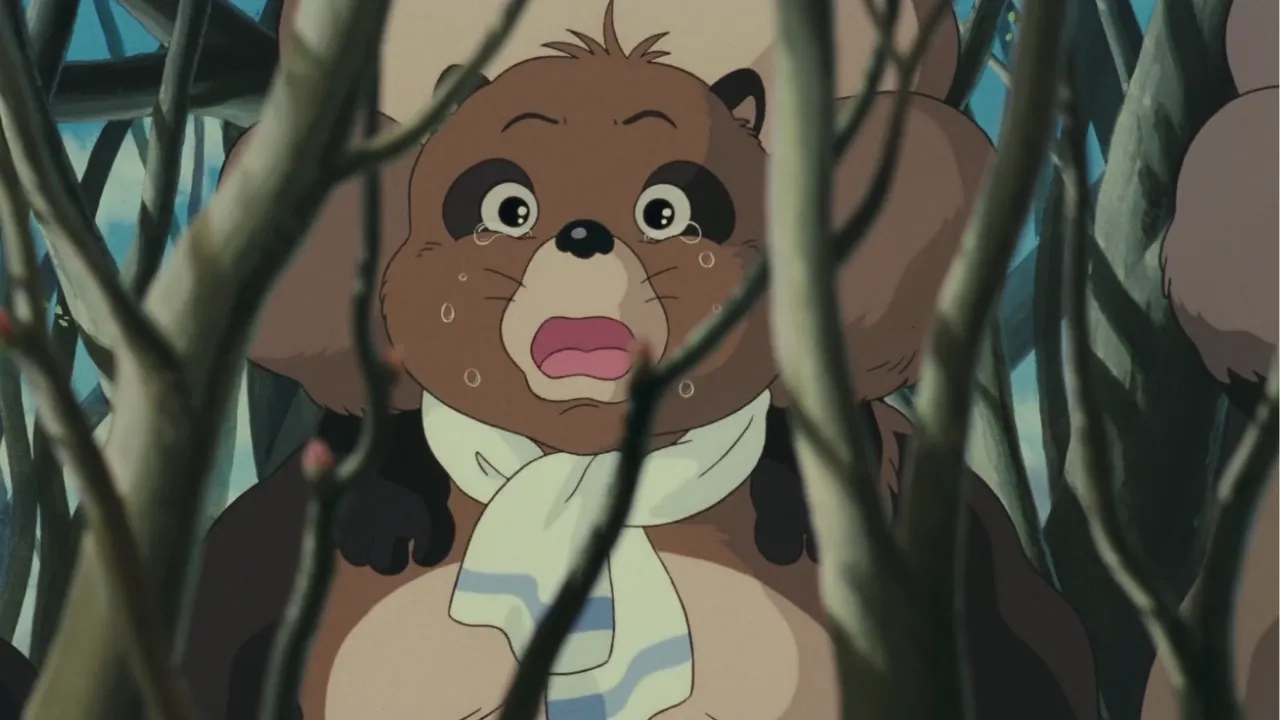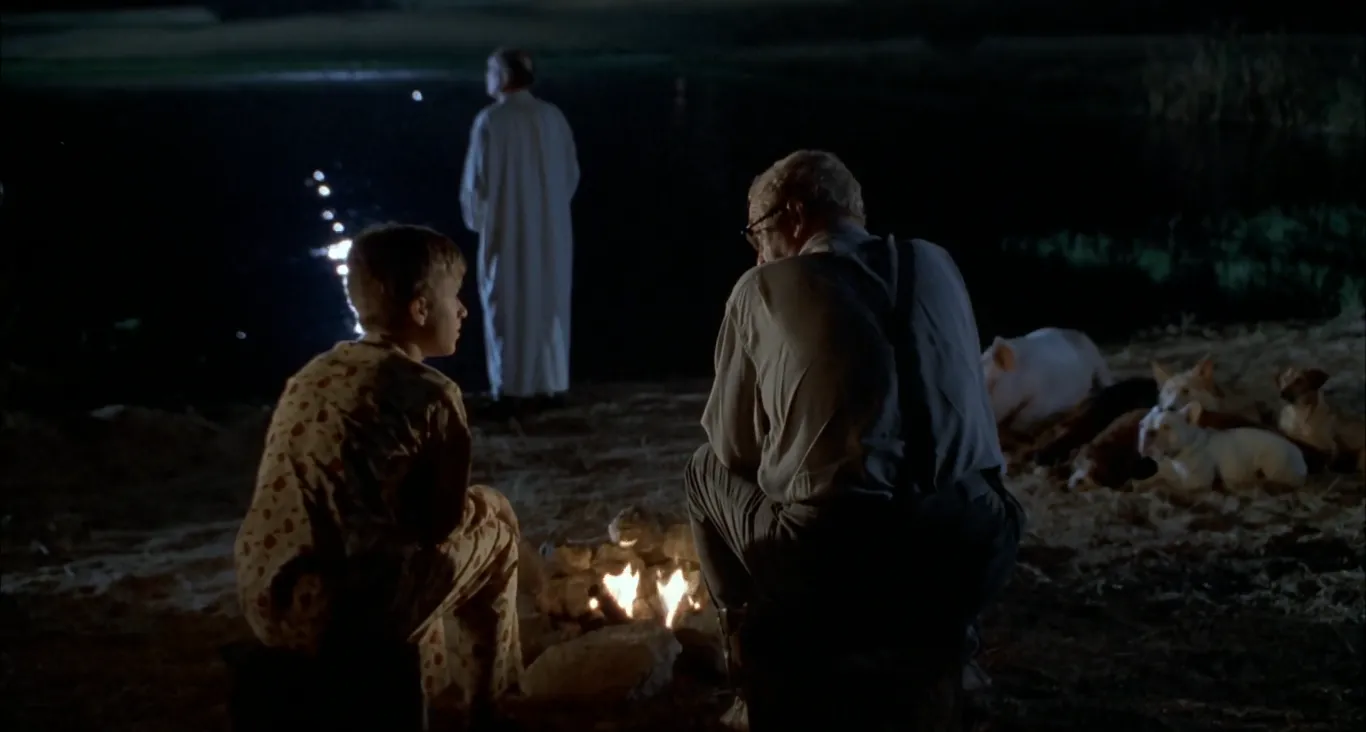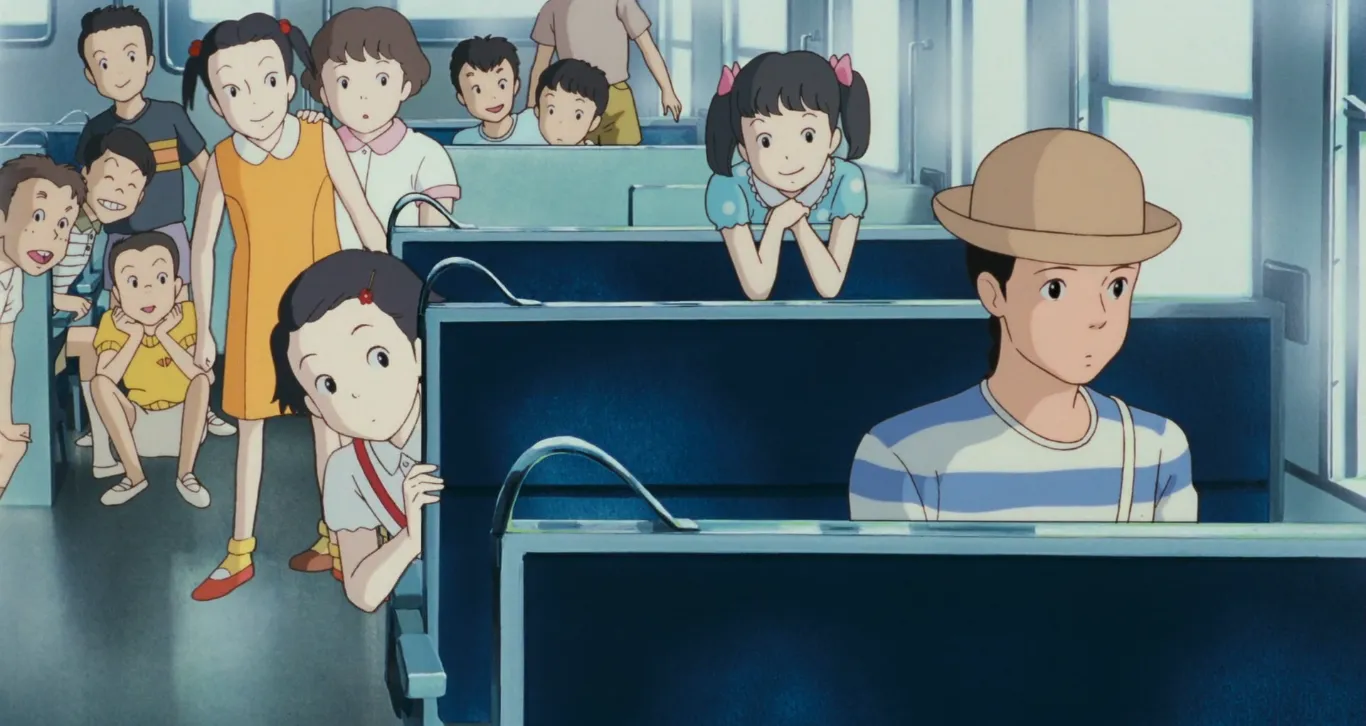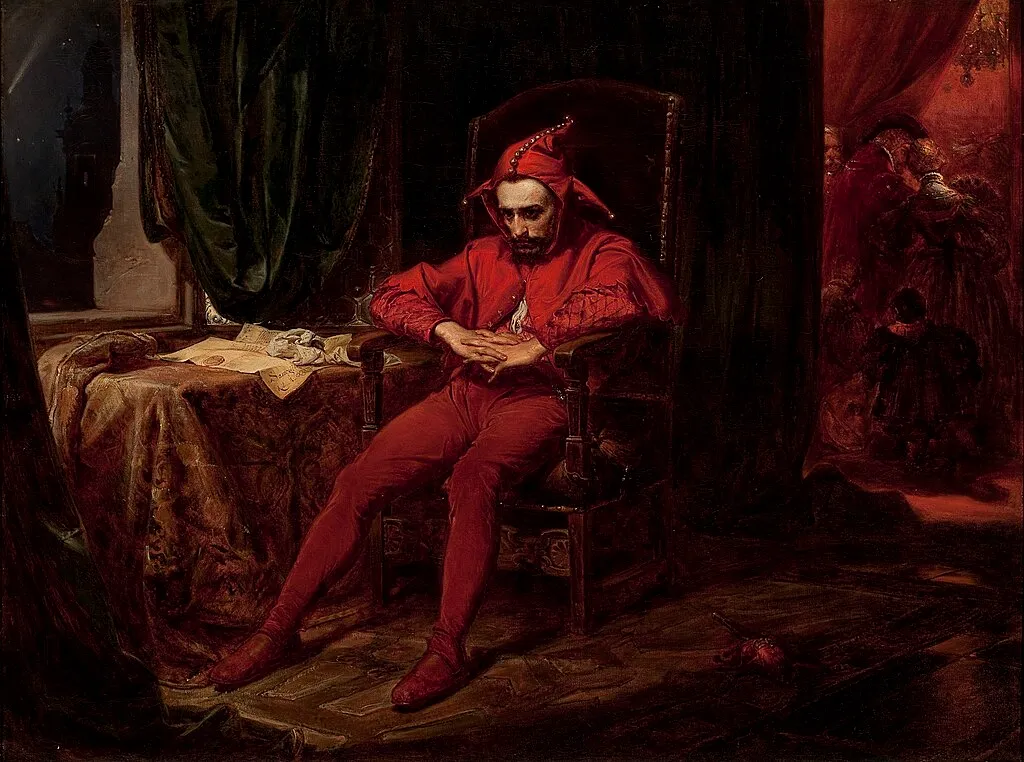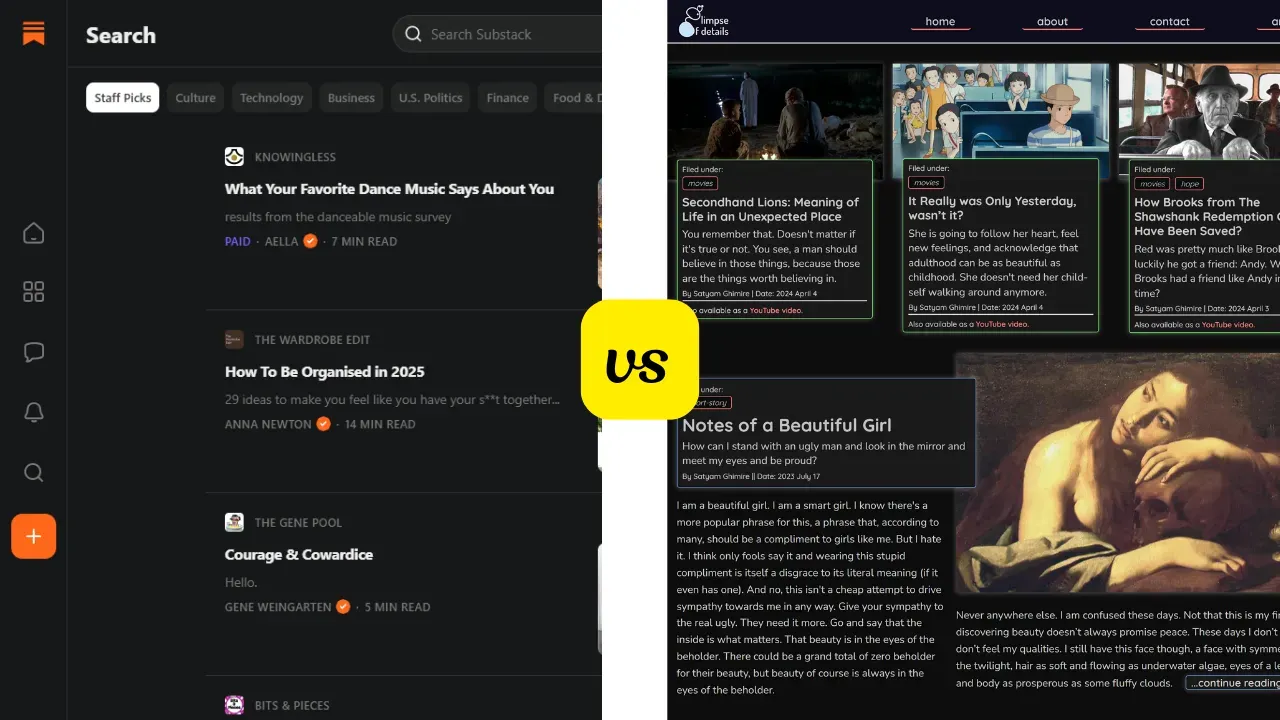When some great artists approach the end of their life, they entertain the idea of a successor, though they know deep down that no one can truly take their place.
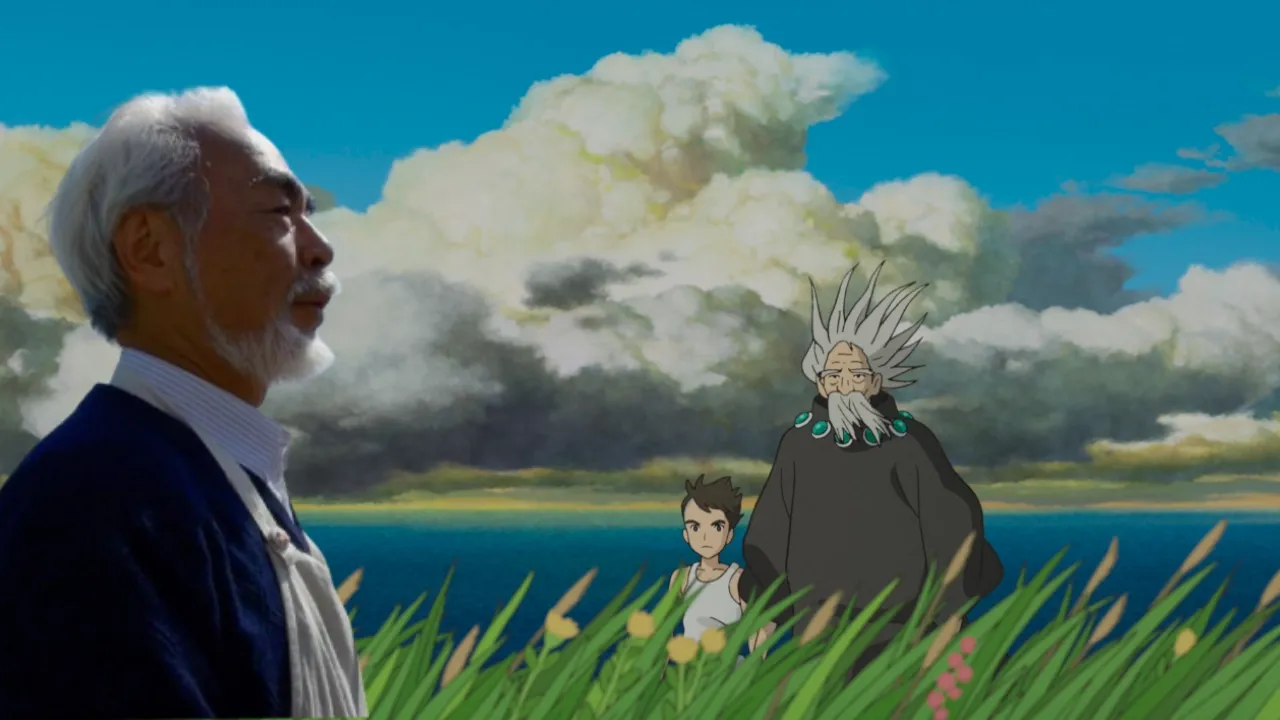
In his latest film, The Boy and The Heron, Hayao Miyazaki has told a story of one such creator. Though on the surface the film is about a young boy Mahito overcoming grief of his mother's death, and like other Miyazaki's films, follows a journey through a fantasy land filled with colorful characters. But of course, this perspective has not much to do with the question which almost was the title of the movie, “how do you live”?
Mahito’s great-grand uncle created a world parallel to ours, a world with its own small set of creatures and magic. This old man is looking, waiting, for someone to take over his work. To wash it pure and bring once again the balance and harmony among the creatures upon whom he had sprinkled life. To continue his legacy, to build a better paradise.
Of course Mahito rejects the old man’s offer. He says he has malice and greed and he would corrupt everything. He would rather choose the real world, with all its shortcomings, and be an ordinary man.
The old man, as if he already expected this answer, isn't sad or angry at getting a “No!", even though he had high hopes for Mahito.
Of course Miyazaki looked out for potential candidates, to pass his torch hand to hand, but no one was good enough for him. Perhaps his judgment was right, perhaps it wasn’t and he was too hard on others. It doesn’t matter now. The end is almost here. He is 83 years old. He knows the studio is going to fall apart. Like the old man in the movie, we are to assume Miyazaki isn’t sad about it.
“Build worlds without malice, of peace and beauty,” the old man says to Mahito while tempting him to stay. This is what Hayao Miyazaki is saying to us. This is how he wants us to live.
So instead of asking “Who is the next Miyazaki? Or, what’s going to happen to Studio Ghibli?”, we should be asking, “What does a world without malice, of peace and beauty looks like?” “And how can we, you know, create such worlds?”
Lucky for us, Miyazaki has given us the perfect answer to this question.
But we also know, beneath the poetic sounding line lies the veil of hyper-optimism and even a bit of sarcasm. After all, how can one create, in this economy and current state of the world, beautiful worlds untouched by malice? Perhaps the quote would fall into the list of deep sounding but impractical lines.
In the movie, the old man’s world was filled with malice and greed. Of the Parakeet’s, of the Pelicans, of the humans. The old man didn’t start this way, of course. He started with harmony and peace, and later, as things tend to, everything became chaotic and conflicting. The balance was broken.
But Miyazaki’s world seems perfect, doesn’t it? Yes, but we are also forgetting the other half of Miyazaki’s world. His son Goro felt his father never approved of anything and always doubted him as an animator. Miyazaki was cold and critical towards his work. He rarely gave anyone else a chance. No one could live up-to his standard. He was troubling to work with, and in many ways, he sabotaged the future of the Studio, never encouraging new talent, and always insisting on doing it himself. Studio Ponoc, created by former Studio Ghibli employees, was perhaps born from their frustration with Miyazaki. His world was touched by malice and greed, though it didn't start that way. He just wanted to tell stories, and he neglected other responsibilities.
And maybe the old man was just saying this to Mahito because that’s what an inexperienced young boy needs to believe, that it’s possible to create beautiful worlds free from malice. Mark Twain has said, “There is no sadder sight than a young pessimist,” and it seems it’s a duty of a great artist to spread hope and optimism, even though he himself doesn’t subscribe to those beliefs, and like Woody Allen’s quote in Midnight In Paris, “We all fear death and question our place in the universe. The artist’s job is not to succumb to despair, but to find an antidote for the emptiness of existence.”
Miyazaki seems to follow this conclusion as well. He has maintained a reputation of a pessimist, a grumpy, uninviting person who pretty much hates everything. He has said,
Personally I am very pessimistic. But when, for instance, one of my staff has a baby you can't help but bless them for a good future. Because I can't tell that child, 'Oh, you shouldn't have come into this life.' And yet I know the world is heading in a bad direction. So with those conflicting thoughts in mind, I think about what kind of films I should be making. I would like to make a film to tell children it's good to be alive.
And he had done exactly that.

